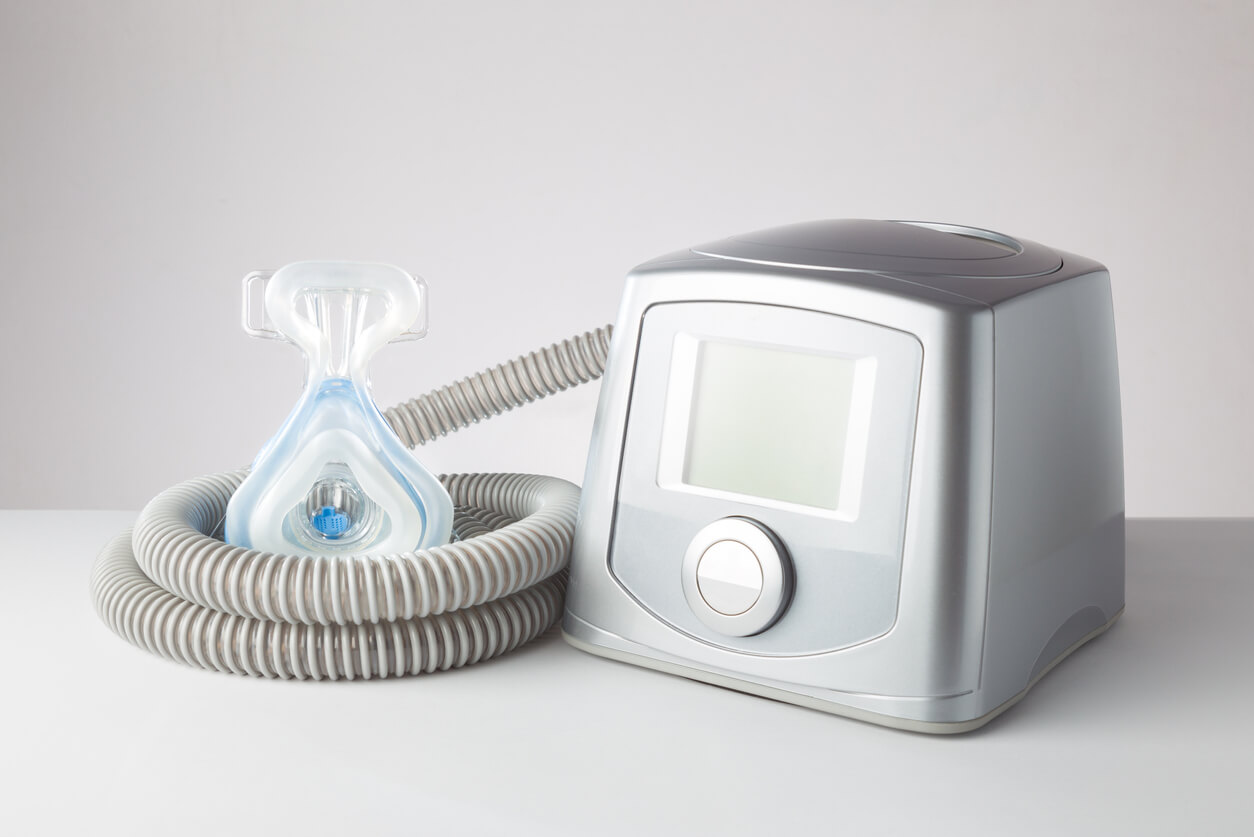Philips Halts US CPAP Sales After FDA Settlement, Lawsuits
Editors carefully fact-check all Drugwatch.com content for accuracy and quality.
Drugwatch.com has a stringent fact-checking process. It starts with our strict sourcing guidelines.
We only gather information from credible sources. This includes peer-reviewed medical journals, reputable media outlets, government reports, court records and interviews with qualified experts.

Netherlands-based Philips has announced that it will no longer sell its CPAP or BiPAP machines for sleep apnea in the United States. This decision follows a settlement with the Food and Drug Administration and several setbacks, including Philips CPAP recalls and hundreds of legal challenges.
The recall of millions of devices in 2021, prompted by concerns about potentially toxic foam, has raised questions about Philips’ position in the market and its impact on patients. Fears arose that foam in the devices could degrade, posing potential health risks.
Philips faces ongoing legal challenges from patients who claim health issues linked to using their devices. As of January 2024, nearly 800 Philips CPAP lawsuits were pending in multidistrict litigation in Pennsylvania federal court.
Philips’ Fallout from Recalls and FDA Settlement
The decision to halt sales is an important step for the company to comply with the terms of a consent decree. This agreement comes after the recall of Philips CPAP machines amid fears that foam in the devices could degrade, posing cancer and other potential health risks.
Philips plans to address FDA concerns by improving its plants in the U.S. and refraining from selling any new CPAP devices until they meet FDA requirements. It will continue to service Philips devices in the United States.
After the announcement, markets immediately felt the decision’s financial impact, with Philips shares dropping by 8.3% in Amsterdam. Analysts expressed doubts about the company’s ability to regain its position in the competitive U.S. CPAP market, which could benefit rivals like ResMed, whose stock rose nearly 2% during early U.S. trading.
The finalization of the consent decree and U.S. court approval are still pending, which adds uncertainty to the company’s timeline.
Lingering Challenges and Patient Impact
The company’s future is further complicated by an additional investigation prompted by a Senate request that the Government Accountability Office investigate the FDA’s handling of the recall.
The company agreed in December 2023 to a $479 million class action settlement over compensation for people who bought, leased or rented one of its recalled CPAP machines since 2021.
While the company’s 2025 financial targets remain unchanged, they acknowledge the need to rectify the consequences of the CPAP recall.
Financial analysts suggest Philips’ decision to stop selling sleep apnea machines in the U.S. is strategic as the company tries to recover from one of the most extensive recalls in recent history.